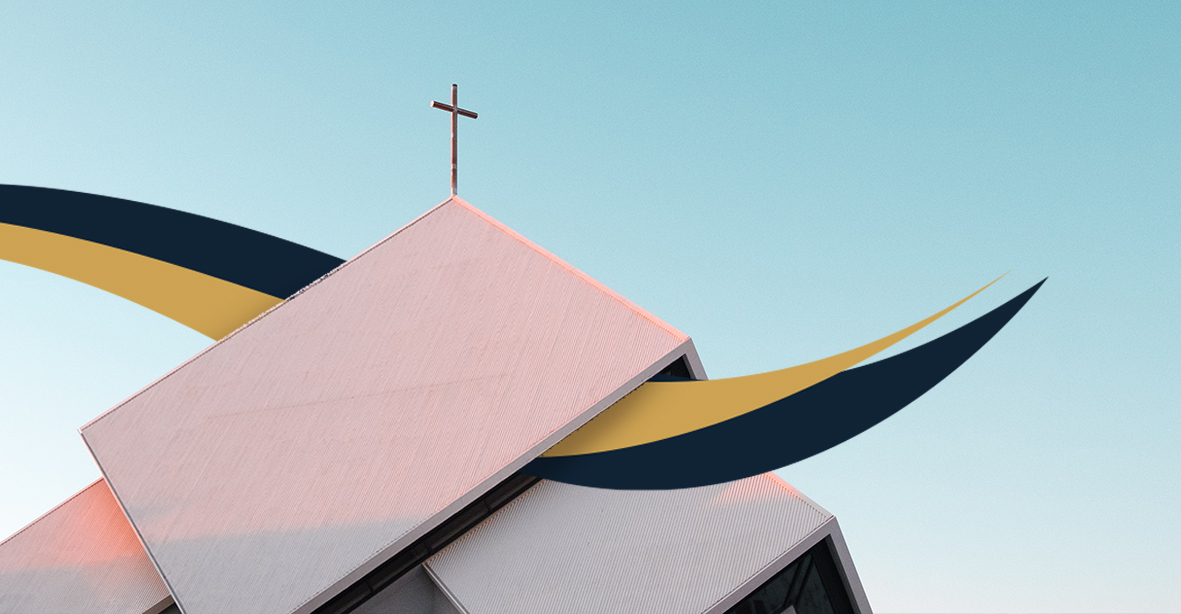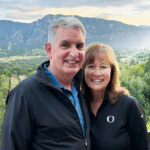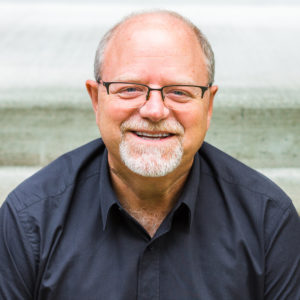
Bishop Keith Cowart
Bishop Keith Cowart, D.Min., oversees Free Methodist ministries along the Eastern Seaboard, in the South Central United States and also in Europe and the Middle East. He was elected a bishop of the Free Methodist Church – USA at General Conference 2019. He previously served as the superintendent of the Southeast Region after 21 years as the founding lead pastor of Christ Community Church in Columbus, Georgia.
In 1997, my wife, Pam, and I found ourselves looking for a new denomination. We were convinced God had called us to plant a church, but the door was clearly closed in the denomination of our birth. When the Free Methodist Church first came on our radar, we were particularly attracted to the “kingdom heart” of every leader we met. Weary of denominational bureaucracy and institutionalism, the obvious devotion to the kingdom of God above denominationalism was a huge breath of fresh air. I even remember asking, “If we plant this church with the FMC, is it imperative we put ‘Free Methodist’ in the name?” The answer was as refreshing as it was surprising, “If you’re working for the kingdom, you’re working for us.”
Twenty-three years later, I am still deeply grateful that Free Methodists are much more interested in building God’s kingdom than our own empire. Over the years, however, I have come to question if kingdom-heartedness necessarily requires resistance to a strong sense of tribal identity. It really begs the question, “Are denominations with a distinct identity mostly a hindrance to broader kingdom work or can they actually enhance it?” It is probably important that we distinguish between denominationalism and denominations. Denominationalism demands ultimate loyalty to the tribe and identifies denominational strength (or survival?) as the primary goal. In the best sense of the term, a denomination is a movement that exists for the kingdom, fueled by a clear sense of its distinct vision, mission and values.
I can remember a time when I viewed denominations as “the stuff of humanity,” as opposed to the kingdom, which was clearly a creation of the Spirit. I no longer find it helpful to hold such a binary view of denominations and the kingdom. Rather, I have come to believe that God raises up movements for the purpose of recalibrating, strengthening, filling in gaps, or meeting specific needs within His global work. That view has led me to a much greater appreciation of our own movement while maintaining a deep love for and ultimate loyalty to the kingdom.
Perhaps it is helpful to think about denominations in terms of Paul’s description of the church as “the body of Christ.” We typically think of that image in terms of a local church, immediately recognizing the beauty and value of a diverse community of individuals, each of whom makes a unique contribution to the whole. But what if we understood denominations in a similar way? Each denomination would then be seen as making a unique contribution that enriches and strengthens the work of the global church.
What If There Were No Free Methodists?
Consultant and friend Will Mancini asked us (the Board of Bishops) last year, “What would be lost to the kingdom if there was suddenly no longer a Free Methodist kind of disciple?” In all candor, if the answer to that question is “nothing, in particular,” we should give thanks to God for all He has done through our movement in the past, close our doors, and find a movement that would be truly missed if it disappeared today. A “movement” that has no distinct reason for existence and offers no significant benefit to the kingdom of God is not a movement at all. It is an institution that can easily become an idol.
Over the past nine months, we (the Board of Bishops) have dared to ask if our movement still has relevance for the kingdom of God today. As a result, we have come to the dual conclusion that the need for a movement like ours is at least as critical today as it was in 1860, but we are suffering from something of an identity crisis. Many of us don’t really know what it means to be Free Methodist at all in relation to other movements. Others are convinced we have morphed into something we were never meant to be. Still others are clinging to the hope we will become something we have never been.
Adding to our challenge is the extreme polarization that is overtaking our country. If we ever thought our movement was largely immune to the cultural trends of our nation, 2020 has obliterated that notion. In the wake of the turmoil of a global pandemic, racial unrest, and a national election unlike any in our history, many of our churches are as divided as our nation. It seems logical that such division is a natural consequence of an inadequate tribal identity. Without a clear and compelling sense of who we are as Free Methodist Christians, we are left vulnerable to alternative ideologies that seep (or come crashing) into the void. The end result is that we can find ourselves at odds with one another because we identify more strongly with competing political or social ideologies than a commonly held ideology shaped by the full scope of God’s Word and our Free Methodist roots.
Values and Culture
So we have asked God to give us a clear sense of who He is calling us to be as Free Methodists for such a time as this. With all God’s people, we first understand we are meant to be like a “city set on a hill” (Matthew 5:14–16 NASB),” living as “foreigners and exiles” (1 Peter 2:11) who refuse to be “conformed to this world,” but are continually being transformed by the renewing of our minds (Romans 12:2 NASB). In practical terms, that means we do not find our identity in the realm of politics or nationalism, but in our role as “ambassadors” (2 Corinthians 5:20) of a kingdom that is “not of this world” (John 18:36). With that mindset, we can rise above the temptation to become enamored with that which promises security, prosperity and comfort in this world to give ourselves unreservedly and sacrificially to our true mission of reaching the lost and making disciples of all nations.
In terms of our particular role as a tribe within the global church, we believe God has called us to embrace that mission in a way that has been and should continue to be shaped by those like John Wesley and B.T. Roberts, whom God used to give birth to our movement. But we also cling to the conviction that God wants to build on that heritage to bring a fresh expression of our movement that will have the same kind of impact in the 21st century as the work He did through our forefathers and mothers in the 19th and 20th centuries. Thus, we have asked God to give us a renewed sense of our identity as Free Methodists that is both historical and aspirational. The result is a document we are calling The Free Methodist Way. It is not a vision or mission statement. It is not a strategic plan. It is a statement of core values that are meant to define who we are as a distinct movement within the kingdom of God today.
What is the value of such a document? We believe it will benefit our movement in four important ways. First of all, it brings clarity to our shared sense of identity. In one sense, our movement embraces values held by every other faithful, biblically sound movement. But which of those are especially important to us? The nature of a movement is that it is fueled by specific passions that distinguish it from other movements in the body of Christ. We belong to this movement and not another because we share the passions of this particular tribe. This clarity also provides important guardrails as we engage in other movements. It is right and good for Free Methodists to be involved in political parties, civic organizations or social movements, but our aim should always be to influence such movements with our values as opposed to indiscriminately aligning ourselves with theirs.
Second, it is meant to aid in the creation of a distinct Free Methodist culture. Peter Drucker famously said, “Culture eats strategy for breakfast, lunch and dinner.” Vision and strategy are important features of any movement, but culture is more powerful because it reflects the way we actually live with one another, carry out our mission, and the spirit in which we do both. To be sure, identifying these values in a document does not in itself create culture, but when combined with effective execution and meaningful accountability provides the necessary focus to cultivate these values in concrete ways that are consistent throughout our movement.
Third, this document is intended to nurture unity in diversity. As much as we may enjoy the ease of harmony or merely “getting along,” the church is called to the much higher standard of unity. Biblical unity is based on a mutual commitment to a specific set of essential truths, but in a way that does not deprive the church of the beauty of diversity in the non-essentials. Along with other vital documents like our “Articles of Religion” and “The Christian Journey” found in the Book of Discipline, the five core values of The Free Methodist Way are intended to create the parameters within which we celebrate the rich diversity of our multicultural, multiracial, multigenerational and multiethnic tribe.
Finally, it is our hope that The Free Methodist Way will become an important tool in our work of discipleship and leadership development. If our passion for these values was and continues to be inspired by the Holy Spirit, we should confidently give ourselves to making disciples who are not only grounded in the general precepts of the Christian faith, but who also fully embrace the distinct values of our tribe. Likewise, we should ensure that those who lead our churches and conferences do so in ways that further our tribal identity. As alluded to earlier, doing so will not diminish our ultimate devotion to the kingdom of God, but assures that the people called Free Methodists will continue to bring its distinct contribution to the global body of Christ.
So, without further ado, we offer you The Free Methodist Way:
The Free Methodist Way
Free Methodists are first and foremost a Kingdom people. Yet throughout church history, God has raised up distinct movements like ours to enrich the larger body of Christ. Building on the legacies of John Wesley and B.T. Roberts, but always discerning where God is moving today, our identity is shaped by values that are both historical and aspirational. Of the many values we hold dear, these five lie at the heart of our movement. We view them as a whole, each one bringing necessary balance to the others. In a time of rising polarization in our nation, we resist the pull toward both fundamentalism and theological liberalism — not out of a spirit of compromise, but from a radical commitment to what Wesley called “the middle way.” It is a path that takes the whole gospel seriously and continually calls us to “both/and” convictions in an “either/or” world. We call it The Free Methodist Way.

Life-Giving Holiness
God’s call to holiness was never meant to be a burden, but a gift that liberates us for life that is truly life by delivering us from the destructive power of sin.
All who are born again are made right with God by the finished work of Jesus Christ and called to experience the fullness of the indwelling presence of the Holy Spirit. Forgiven and filled, we approach life with confidence that we are acceptable to God even as He continues to transform our character and behavior to become more and more like Jesus. Life-giving holiness, then, is the fruit of full surrender to the loving reign of God over every aspect of our lives, establishing within us love that is truly love.
Leaving behind the legalism that once hindered our movement, The Free Methodist Way invites every believer to embrace the transforming work of the Holy Spirit that empowers us to love and serve God and others in joyful obedience.
Love-Driven Justice
Love is the way we demonstrate God’s heart for justice by valuing the image of God in all men, women, and children, acting with compassion toward the oppressed, resisting oppression, and stewarding Creation.
We devote ourselves to our founders’ deep convictions around matters of injustice as they took their stand against the evils of slavery, the oppression of the poor, the marginalization of women, and the abuse of power in the church. Our heart for justice continues and expands today, fueled by God’s holy love for the unborn, the vulnerable, oppressed, marginalized, and people of all races and ethnicities.
The Free Methodist Way is not only to realize a better society, but that all may be reconciled to God and one another in ways that reflect God’s just character.
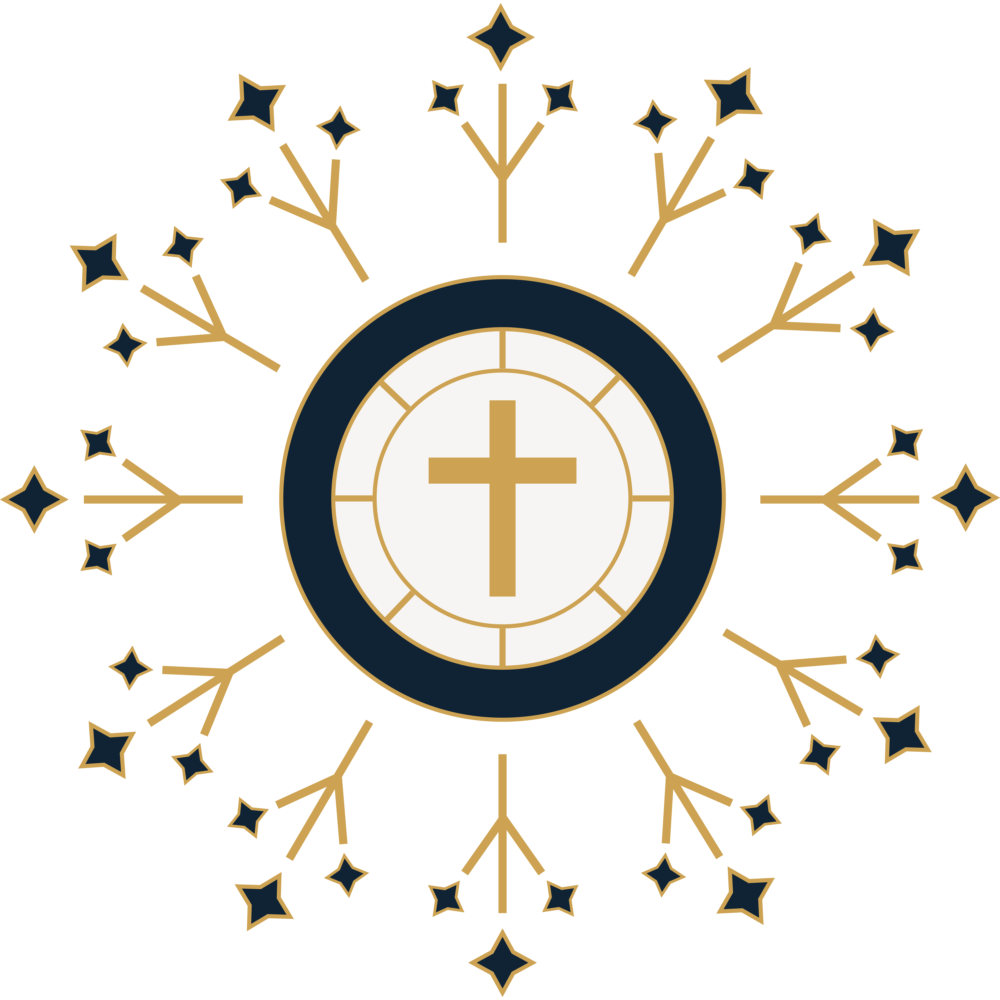
Christ-Compelled Multiplication
The gospel of Jesus Christ — the message He proclaimed, the life He lived, and the ministry He modeled — set into motion a redemptive movement destined to fill the whole earth.
Jesus’ approach to discipleship was primarily a relational one in which He poured His life into a few with the full expectation that they would follow His example. His aim was not merely the transmission of information, but the transformation of lives by empowering those who followed Him to do what He had been doing. His mission is now our mission. We believe this redemptive movement of multiplication applies to every believer and should permeate our Free Methodist culture at every level: the found reaching the lost, disciples making disciples, leaders developing leaders, churches planting churches, and movements birthing movements.
The Free Methodist Way is to see God’s kingdom expand exponentially as ordinary people are equipped by God’s power to do extraordinary things.
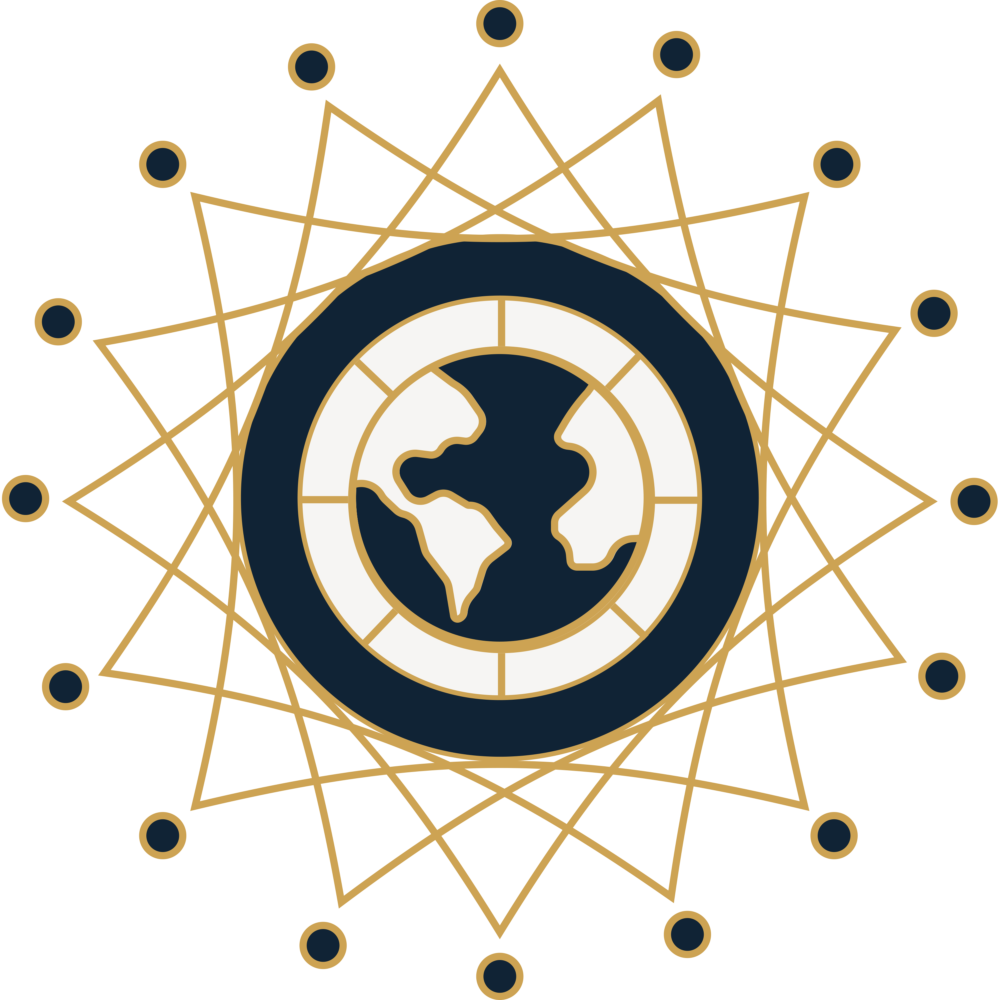
Cross-Cultural Collaboration
From the beginning, God’s intent was to have a people from every nation, culture and ethnicity, united in Christ and commissioned to carry out His work in the world.
Today we celebrate the beauty of a multicultural and multiethnic church both in the U.S. and in over 100 countries around the world. In the U.S., we cling to the promise that we have been made one in Christ even as we dedicate ourselves to becoming a more diverse church that looks like the kingdom of God. Globally, we continue to send missionaries to other nations even as we rejoice that the nations are increasingly coming to us. Freely sharing our own gifts and resources, we are also challenged and inspired by the faithfulness, perseverance, ceaseless prayer, theological insights, and spiritual wisdom of our international brothers and sisters. Without question, we are better together.
The Free Methodist Way aspires to move beyond colonialism and ethnocentrism in favor of a collaborative partnership in God’s global work in anticipation of the day when a great multitude from every tongue, tribe, people and language makes up the eternal throng before the throne of God (Revelation 7:9).

God-Given Revelation
We hold unwaveringly to our conviction that the Bible is the inspired Word of God and our final authority in all matters of faith and practice.
Drawing on our Wesleyan heritage of understanding truth through the lenses of Scripture, tradition, reason, and experience, we keep Scripture primary. While the church will always be tasked with authentically communicating and applying biblical truths with sensitivity to cultural dynamics, we do not subjugate the Bible’s timeless truths to cultural norms or social trends.
The Free Methodist Way is to fully align our lives and our movement on the unshakeable foundation of God’s Word.
Understanding and Inspiration
Over the next five months, the Board of Bishops and invited guests will be addressing one of these values each month. Our hope is that the additional articles will provide even greater clarity and understanding as well as the inspiration to wholeheartedly live them out both personally and corporately.
As a final note, we want to emphasize the collective nature of these five values. To focus on one at the expense of the others is to miss the real power of this document. For example, it would be a tragic mistake to embrace Life-Giving Holiness while ignoring Love-Driven Justice. The same God who said, “Be holy, because I am holy” (1 Peter 1:16) also implored us to “let justice roll down like waters” (Amos 5:24 CEB and ESV). Part of what makes us Wesleyan and Free Methodist is our long and deep devotion to both personal and social holiness. Likewise, our commitment to the authority of Scripture in God-Given Revelation shapes and provides important parameters to each of the other four. That is and must remain The Free Methodist Way. +

Bishop Keith Cowart
Bishop Keith Cowart, D.Min., oversees Free Methodist ministries along the Eastern Seaboard, in the South Central United States and also in Europe, the Middle East and Asia. He was elected a bishop of the Free Methodist Church – USA at General Conference 2019. He previously served as the superintendent of the Southeast Region after 21 years as the founding lead pastor of Christ Community Church in Columbus, Georgia.

